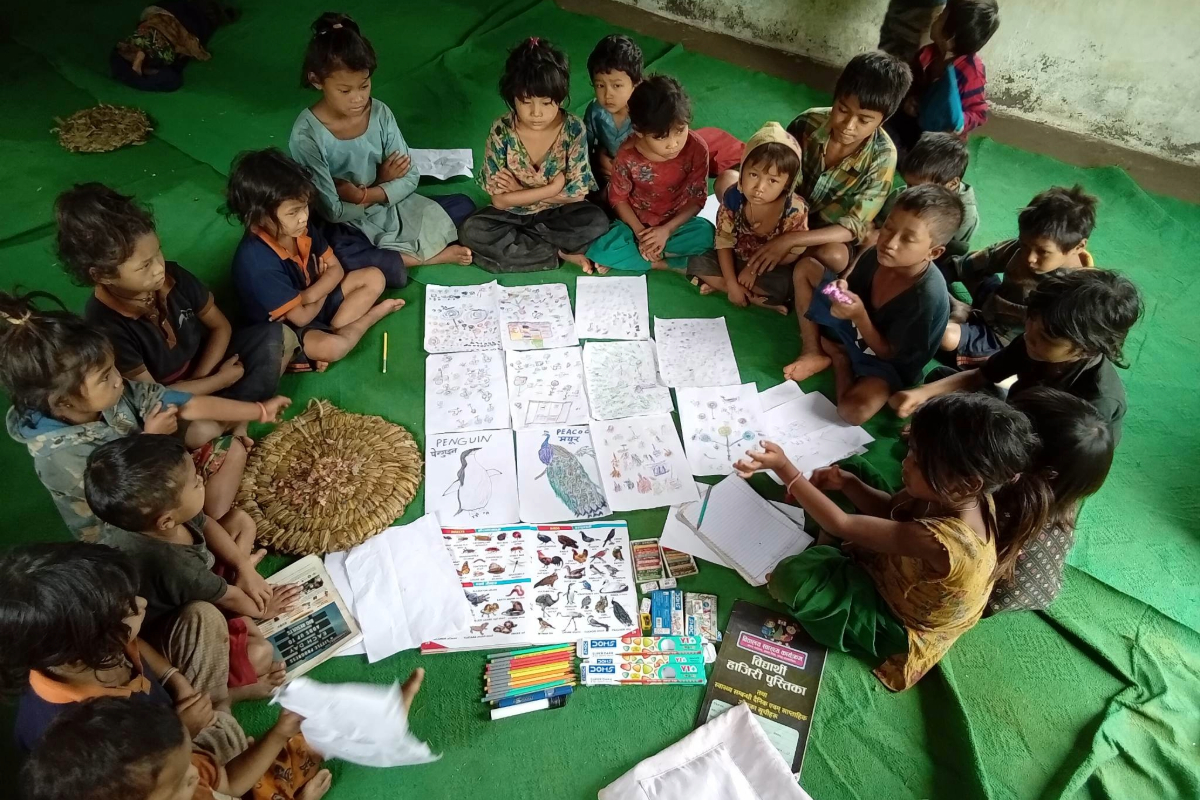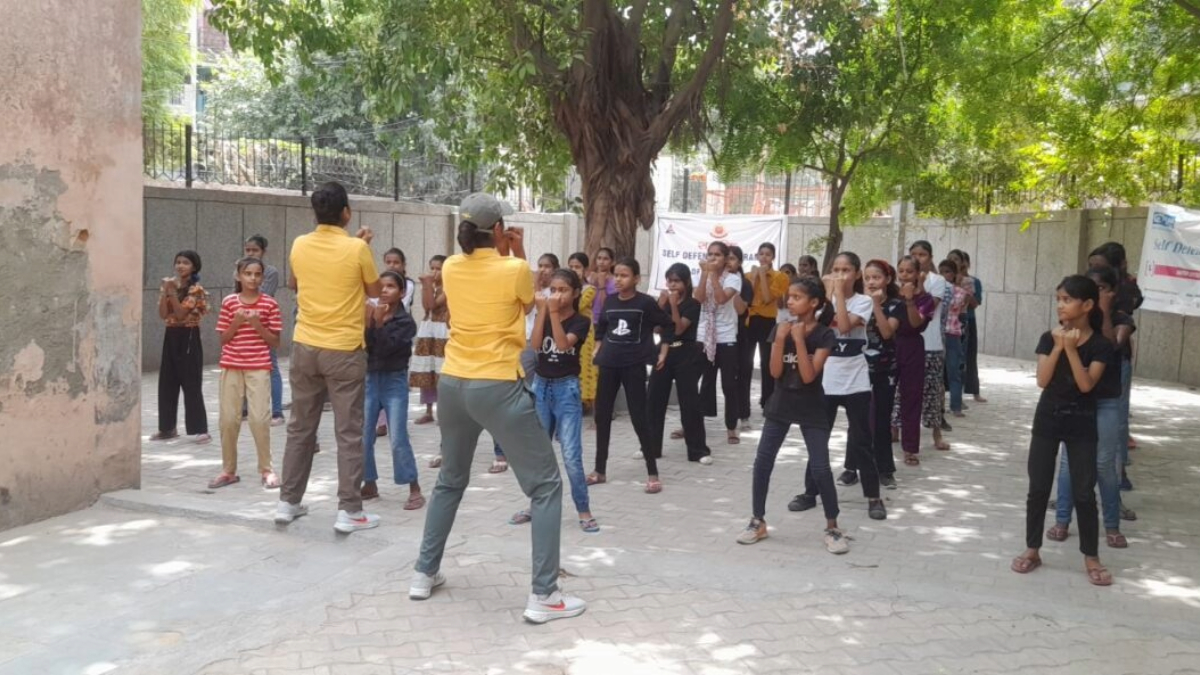When education takes root, its impact extends beyond the classroom, transforming communities for generations. Rural outreach programs play a vital role in bridging the gap in remote areas—where access to schools is limited—by bringing knowledge, opportunity, and hope to those who need it most.
Through its partnership with the National Forum for Advocacy Nepal (NAFAN), RYTHM Foundation is empowering marginalized tribes in Nepal with impactful education initiatives. By addressing the challenges of life in rural Nepal, these initiatives spark hope and drive lasting transformation within these communities.
Chepang Life in Rural Nepal
Learning about the challenges marginalized communities face in rural Nepal highlights the need for quality education and sustainable development.
The Chepang people, a community of about 70,000 in central Nepal’s remote hills, struggle with isolation, harsh environments, scarce agricultural resources, and social discrimination.
Over 90% of the Chepang currently live below the poverty line, surviving on less than US$1 a day. Children in the community are particularly affected, with prevalent issues like illiteracy and early marriages.
However, local development programs focused on education and empowerment are beginning to offer new opportunities, offering families hope for better living circumstances.
Planting Seeds of Education
Changemakers in community development recognize that lasting impact depends on educational interventions.
The NAFAN-RYTHM initiatives have improved access to education by providing academic and literacy programs, transportation support, scholarships, and mentoring—removing barriers that once kept learning out of reach.
Before these efforts, only 60% of children attended school regularly. Today, enrollment has risen to 95%, with 90% attendance. Weekly literacy and numeracy classes help students catch up while equipping adults with essential skills, leading to a 35% improvement in scores.
Beyond the numbers, these changes empower the community to build better livelihoods and break the cycle of poverty.


Empowering Women Through Holistic Education
Life in rural Nepal poses immense challenges for girls and women. Poverty forces many families to forgo education, leaving young girls to manage households or face early marriage.
With 60% of Chepang girls married before 18, the need for education-focused programs is critical. Holistic initiatives can help break this cycle, empowering girls to reshape their futures.
The NAFAN-RYTHM framework integrates formal learning with life skills, including hygiene workshops and healthcare awareness. These interventions not only improve women’s lives but also drive lasting community transformation.
After these programs were introduced, 70% of girls once destined for early marriage remained in school, and 90% of participants expressed positive attitudes toward education, empowerment, and gender equality.

Community Engagement and Capacity Building
Sustainable change begins with those it impacts most. Culturally sensitive interventions foster local buy-in and community engagement—key to lasting capacity building.
Involving parents, local stakeholders, and grassroots organizations strengthens the link between education initiatives and the communities they serve, amplifying their impact.
Given rural Nepal’s isolation, access to resources remains a challenge. Programs must be designed for long-term sustainability to ensure lasting progress.
The Future of Rural Nepal Development
By placing education at the heart of rural outreach development programs in Nepal, communities like the Chepang are rewriting their narratives.
As more children access education, girls have the chance to pursue learning instead of early marriage, and adults acquire skills that open doors to better opportunities, offering a tangible pathway out of poverty and hope for a brighter future.
Education knows no borders—be part of the ripple effect and help create change today.





